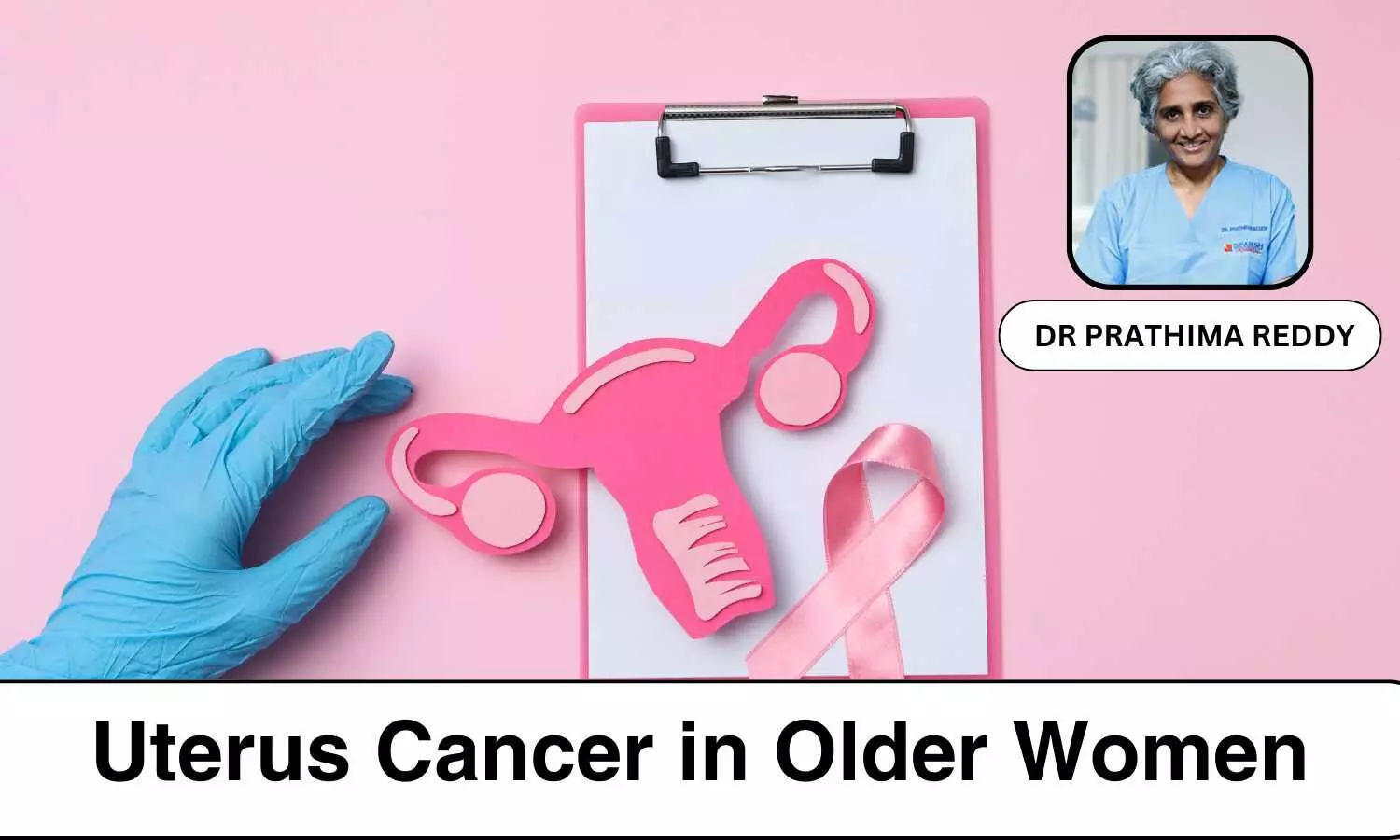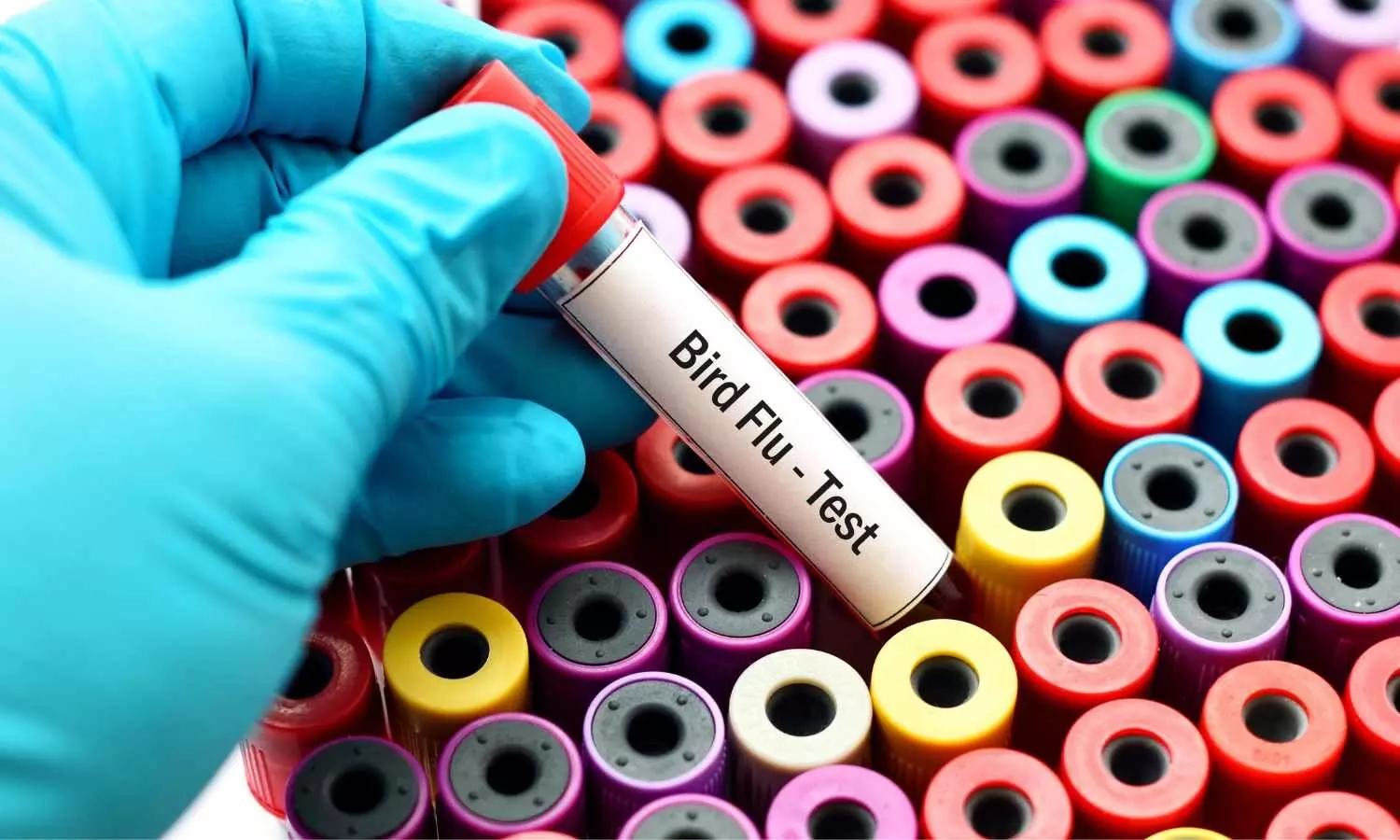Microarray patches safe and effective for vaccinating children, trial shows
Powered by WPeMatico
Powered by WPeMatico
Powered by WPeMatico
Powered by WPeMatico
Powered by WPeMatico
Powered by WPeMatico

Kota: In a tragic incident, yet another student preparing for NEET in Kota has been found dead hanging from the ceiling fan of his hostel room. According to the police, the aspirant’s parents suspect that he was murdered.
Speaking to PTI, the police officials informed, “A 20-year-old NEET aspirant was found hanging from the ceiling fan of his hostel room in Kunhari area here, with his parents suspecting he was murdered, police said on Monday.”
This is the eighth case of suspected suicide by a coaching student in Kota since January. The number of student suicides in Kota stood at 26 in 2023.
The aspirant, who hailed from Haryana’s Rohtak, had been preparing for NEET at a coaching institute here for over a year, the police said. His parents have demanded the registration of a murder case against unidentified persons and an impartial investigation into the matter.
Also Read:UP student preparing for NEET in Kota Missing, police yet to trace
On demand of the student’s parents, a medical board was constituted to perform the autopsy, said Assistant Sub-Inspector Kaptan, who is investigating the case. The body was handed over to the family after the post-mortem, they said.
The student had allegedly hanged himself around 9 hours before his body was spotted by the hostel staff, the ASI said.
Panchal’s body was found hanging from the ceiling fan of his room at the hostel in Landmark City under the Kunhari police station limits on Sunday night, they said.
However, his parents suspected Panchal was murdered, citing that the injury on his neck from the rope was too deep to be caused by hanging, the police said.
A case of unnatural death under section 174 of the Criminal Procedure Code has been lodged for initial investigation in the matter, they said.
No suicide note was recovered from the student’s hostel room and the reason behind his extreme step is yet to be ascertained, Arvind Bhardwaj, Circle Inspector (CI) at Kunhari police station, said on Monday.
Panchal was supposed to take the NEET-UG exam next month, the police said.
He allegedly hanged himself sometime on Sunday noon but the matter came to light only around 9.30 pm when the warden spotted the body and informed the police, the CI said.
A police team rushed to the spot and recovered the body and shifted it to the mortuary of MBS Hospital for postmortem, he added.
In gross violation of safety norms, the hostel room did not have an anti-suicide device installed with the ceiling fan, which could have averted the tragedy, the officer added.
Meanwhile, the deceased’s father, uncle and grandfather who reached Kota on Monday morning to claim the body suspected foul play and claimed Panchal did not commit suicide but was murdered.
“***was good at studies and would always assure us of securing a rank among the top ten. He cannot commit suicide,” his uncle Surendra Panchal told PTI outside the mortuary.
The wound on his neck is so deep that it couldn’t have been caused by hanging, he claimed and demanded autopsy by medical board.
The student’s family has also demanded the formation of a SIT for investigation in the matter, CI Bhardwaj further informed PTI.
Powered by WPeMatico

Uterine cancer, primarily affecting postmenopausal women, has seen a concerning uptick in incidence rates in recent times. This surge in cases is predominantly noted in urban regions, surpassing the rates of cervical cancer in these areas.
There’s been a 132% increase in the number of Uterine cancer cases worldwide. Uterine cancer, also known as endometrial cancer, originates in the lining of the womb (endometrium). It is the most common gynecologic cancer worldwide, and the incidence in India is about 3.9%. says Dr Prathima Reddy, Director & Lead Consultant, Department of Obstetrics and Gynaecology, SPARSH Hospital, Bangalore.
Causes
A few causes why women in urban areas are more affected by Uterine Cancer:
1) Obesity: Easy access to high-calorie foods and decreased physical activity compared to rural areas increases the chances of obesity among people living in Urban areas. Obesity, in turn, constitutes a risk factor for uterine cancer.
2) Sedentary Lifestyle and Dietary Factors: Urban lifestyles, characterized by sedentary behaviours like prolonged sitting due to desk jobs or car commuting, coupled with diets high in processed foods and sugars, increase the risk of uterine cancer. In contrast, rural lifestyles often entail more physical activity and diets rich in fresh fruits, vegetables, and whole grains, which are linked to a decreased risk of uterine cancer.
3) Reproductive Factors: Never having had children increases the risk of uterine cancer as opposed to having at least one pregnancy. Career priorities in urban women may contribute to this.
4) Environmental Factors: Urban areas may have higher levels of pollution, exposure to endocrine-disrupting chemicals, and other environmental factors that could contribute to the development of uterine cancer.
5) Hormonal Factors: Exposure to hormones, whether through hormone replacement therapy or other medications, may differ between urban and rural populations due to differences in healthcare access and prescribing patterns. Hormonal influences play a significant role in the development of uterine cancer among women.
The increasing occurrence of uterine cancer poses a notable public health concern demanding immediate attention and collaborative effort. By understanding the underlying factors driving this trend, we can strive to reverse the trajectory and reduce the burden of uterine cancer on women’s health and well-being.
Disclaimer: The views expressed in this article are of the author and not of Medical Dialogues. The Editorial/Content team of Medical Dialogues has not contributed to the writing/editing/packaging of this article.
Powered by WPeMatico

New Delhi: To safeguard the well-being of both patients and healthcare personnel, the Director General of Health Sciences (DGHS) has directed all the healthcare workers of Central government hospitals not to wear jewellery below the elbow and restrict the use of mobile phones while on duty in critical areas.
Issuing a directive in this regard, Dr Atul Goel, Director General of Health Sciences asked respective hospitals to maintain hygiene to minimize the risk of infection transmission and to ensure that an optimum standard of hygiene and patient care are maintained at all times.
Dr Atul Goel has directed all the directors and medical superintendents of central government hospitals to introduce certain safety protocols to reinforce infection control practices within their facilities.
Jewellery below the elbow and usage of mobile phones while on duty have been prohibited to prevent the potential spread of infection and minimize infection risks.
Addressing the director or medical superintendents of central government hospitals, Dr Atul said, “There is substantial evidence that wearing hand jewellery below the elbow increases total skin microorganism counts. Similarly, the use of mobile phones, while on duty especially in critical areas like ICUS, HDUS, post-operative wards and OTS, poses infection risks.”
“Effective immediately, all healthcare workers of Central Govt. Hospitals are required to remove all types of jewellery below the elbow while on duty. This includes rings, bangles, bracelets, religious threads and wristwatches. This precaution is essential to minimize the risk of infection transmission and to ensure that an optimum standard of hygiene and patient care are maintained at all times. Respective hospitals can revise their SOPS on hand hygiene and specifically mention where wristwatches are permitted,” said the order.
In addition, it has been directed to create and implement a policy that limits the usage of cell phones in patient zones and high-risk areas like ICUs, HDUs, post-operative wards, and operation rooms.
“We understand that this may require some adjustments, but we trust that you will prioritize the safety and welfare of our patients above all else. Your cooperation in this matter is greatly appreciated and will contribute to creating a safer and more conducive healing environment for all,” added the order.
Also read- Union Health Minister Inaugurate New Health Facilities In Central Government Hospitals
Powered by WPeMatico

Ranchi: Amidst an outbreak of bird flu in Ranchi, two doctors and four staff members from the Regional Poultry Farm in Hotwar tested negative for the infection, the officials said.
Two doctors and six staff members of the Regional Poultry Farm in Hotwar were quarantined for two days at the JSIA building in Ranchi.
According to officials, the JSIA government building has been turned into a bird flu ward. A team of medical experts from Ranchi have taken the samples of infected people, news agency ANI reported.
Almost all cases of H5N1 infection in people have been associated with close contact with infected live or dead birds or H5N1-contaminated environments.
Also Read:H5N1 bird flu strain found in raw milk from infected animals: WHO
Their test results have returned negative,” Dr Kamlesh Kumar Pingley, the assistant director of the regional poultry farm in Hotwar, told TOI.
A series of actions including a total restriction on the sale and purchase of all birds and conducting surveys around the epicentre have been taken under the Ministry of Animal Husbandry following the confirmation of the bird flu outbreak.
Ranchi Deputy Commissioner Rahul Kumar Sinha told ANI, “Bird Flu has been confirmed in Ranchi. As soon as bird flu was confirmed, a series of actions take place under the guidelines mentioned in the Ministry of Animal Husbandry. The first action is a total ban on the sale and purchase of all birds in one kilometre radius of the epicentre.”
Further, the official said, “A survey of all the birds is also conducted in the region. A machinery of the district has also been deployed for the containment of the bird flu. The District Animal Husbandry Office, Municipal Corporation, Police and Magistrate have formed a rapid response team.””
In this context, advisories have been issued in newspapers, additionally, the administration will ensure the application of all kinds of precautionary measures in the region for containment of Bird Flu,” he said. The Animal Husbandry Directorate, Ranchi, has formed a Rapid Response Team (RRT) for the culling of poultry and cleaning and disinfection of infected areas after H5N1 Avian Influenza (Bird Flu) was detected in the poultry area, Hotwa.
The RRT team will work to disinfect the area within one kilometre of epicentre in the poultry area, Hotwa.
Meat technologist at the Regional Poultry Farm, Dr Santosh Kumar, told ANI, “In the one km radius, all chickens and eggs will be disposed of. We will tell all farmers and shopkeepers not to bring any outside poultry. Until we do not receive a negative report, we will ask them not to farm chicken.”
On the orders of the District Collector, about 1745 chickens, 450 ducks and 1697 eggs have been disposed off.
H5N1 stands for Highly Pathogenic Asian Avian Influenza (H5N1) Virus. Avian influenza is a strain of the influenza virus that primarily infects birds, but can also infect humans. This type of flu is most often contracted by contact with sick birds. It can also be passed from person to person. Almost all cases of H5N1 infection in people have been associated with close contact with infected live or dead birds or H5N1-contaminated environments.
Powered by WPeMatico

Hyderabad: Granules India Limited today announced that the US Food & Drug
Administration (US FDA) has approved its Abbreviated New Drug Application (ANDA), filed by Granules
Pharmaceuticals, Inc. (GPI), a wholly owned foreign subsidiary of the Company, for Colchicine Capsules, 0.6
mg.
It is bioequivalent and therapeutically equivalent to the reference listed drug (RLD), Mitigare Capsules,
0.6 mg of Hikma International Pharmaceuticals LLC.
Colchicine Capsules are indicated for prophylaxis of gout flares in adults. Gout flares refer to sudden and intense episodes of pain, swelling, redness, and warmth in the joints, typically caused by the buildup of uric acid crystals. These flares often occur in the big toe but can also affect other joints such as the ankles, knees, elbows, wrists, and fingers.
Granules now have a total of 64 ANDA approvals from the US FDA (63 Final approvals and 1 tentative
approvals).
The current annual U.S. market for Colchicine Capsules is approximately $55 Million, according to MAT Feb
2024, IQVIA/IMS Health.
Read also: Granules India bags USFDA nod for Pantoprazole Sodium Delayed Release Tablets
Granules India Limited, incorporated in 1991 is a vertically integrated Indian pharmaceutical company headquartered in Hyderabad. The Company is among the few pharmaceutical companies in the world to be present in the manufacturing of entire value chain – from Active Pharmaceutical Ingredients (APIs), Pharmaceutical Formulation Intermediates (PFIs) and Finished Dosages (FDs). Its products are being distributed to over 300+ customers in regulated and semi-regulated markets with a global presence extending to over 80+ countries with offices across India, U.S. and U.K. The Company has 7 manufacturing facilities out of which 6 are located in India and 1 in USA and has regulatory approvals from US FDA, EDQM, EU GMP, COFEPRIS, WHO GMP, TGA, K FDA, DEA, MCC and HALAL.
Read also: Granules India subsidiary bags USFDA nod for Sildenafil for Oral Suspension
Powered by WPeMatico
